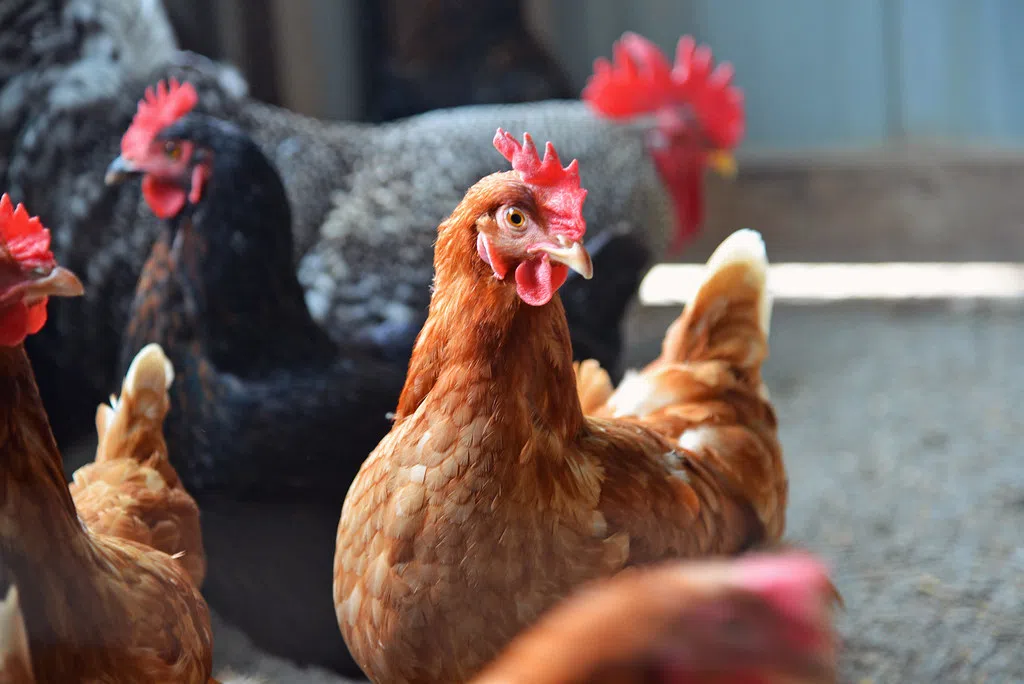Michigan Department of Agriculture and Rural Development (MDARD) Director Dr. Tim Boring today signed a “Determination of Extraordinary Emergency, “HPAI Risk Reduction Response Order,” to further protect Michigan’s poultry and livestock industries from the ongoing threat of Highly Pathogenic Avian Influenza (HPAI). The order goes into effect on Wednesday, May 8, 2024, and applies to all dairy and commercial poultry facilities statewide.
“This national HPAI outbreak must be a top priority for all who work in agriculture. At MDARD, we’re taking aggressive action to protect both animal and public health to help reduce the further spread of HPAI in Michigan,” said Director Boring.
The emergency order requires the following measures to be taken:
- All Michigan dairy farms, as well as poultry operations considered commercial by the U.S. Department of Agriculture Animal & Plant Health Inspection Service (APHIS) must develop and implement biosecurity practices that include:
- Designation of a biosecurity manager.
- Designation of a line of separation to represent the perimeter of a secure area, limiting access points.
- Establishment of cleaning and disinfection practices and procedures at those access points for both vehicles and individuals. This must include deliveries of feed and other supplies, and training for employees.
- Establishment of a log book maintaining a record of all vehicles and of individuals who have gotten out of vehicles and crossed those access points, to be retained and made available for examination upon request by MDARD.
- All lactating dairy cattle, and those in the last two months of pregnancy, are prohibited from being exhibited until there are no new cases of HPAI in dairy cattle in the State of Michigan for at least 60 consecutive days. No dairy cattle of any age from an infected premises may be exhibited until further notice.
- All exhibitions or expositions of poultry are prohibited until such time that there are no new cases of HPAI in domestic poultry in the State of Michigan for at least 30 consecutive days.
State Veterinarian Nora Wineland, DVM, MS, DACVPM, said, “By limiting the opportunities for vulnerable species to be exposed to the virus, we can better protect animal health throughout the state.”
MDARD news release





Comments